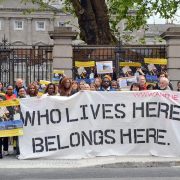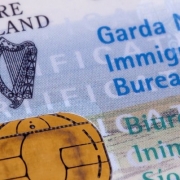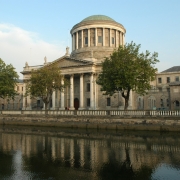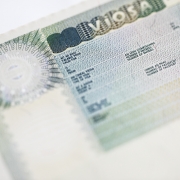MINISTER FOR JUSTICE ANSWERS PARLIAMENTARY QUESTIONS RELATING TO EU TREATY RIGHTS REVIEW APPLICATIONS
On Tuesday 22nd September 2020, Holly Cairns TD put a number of parliamentary questions to the Minister for Justice relating to EU Treaty Rights review applications.
Deputy Cairns asked the Minister to provide details of the immigration status given to individuals that are waiting for a decision on EUTR review applications, and further asked if persons that are waiting for an EUTR review decision are permitted to work or to claim Covid-19 pandemic emergency payments.
In response to these questions the Minister stated as follows:
“A person who applies for a Residence Card on the basis of being a Qualified Family Member (QFM) of an EU National will generally be granted a Temporary Stamp 4 (TS4) of 6-9 months duration, on application, pending the processing of their application. A TS4 enables a person to live and work in the State.
If their application is refused, and they apply for a Review of this decision, another Temporary Stamp 4 will generally be issued to them, pending the Review application being processed, and a final review decision issuing. A successful QFM applicant at either application stage or Review stage will be issued a Residence card of 5 years duration (Stamp 4 EUFam).
Permitted Family Member (PFM) applicants, unlike Qualified Family Member applicants, are not issued with a temporary stamp on application or review. If a PFM applicant is deemed to be a PFM of an EU Citizen exercising their Treaty Rights, under the terms of the Directive, either when their application is processed, or when their review decision is processed, they will be issued a Residence Card of 5 years duration. (Stamp4 EUFam).
Anyone who has lost their job as a result of the COVID-19 pandemic can apply to the Department of Employment Affairs and Social Protection for the Pandemic Unemployment Payment.”
Deputy Cairns also asked the Minister to provide details of the pending EUTR review applications according to nationality in tabular form.
The Minister confirmed that there are currently 2,142 review applications being processed in respect of 91 different nationalities. A table detailing the number of applications and the nationalities of the applicants was also published and can be accessed here.
The questions put to the Minister and the answers given can be read in full here and here.
If you or a family member have any queries about an EU Treaty Rights application, please do not hesitate to contact our office.









